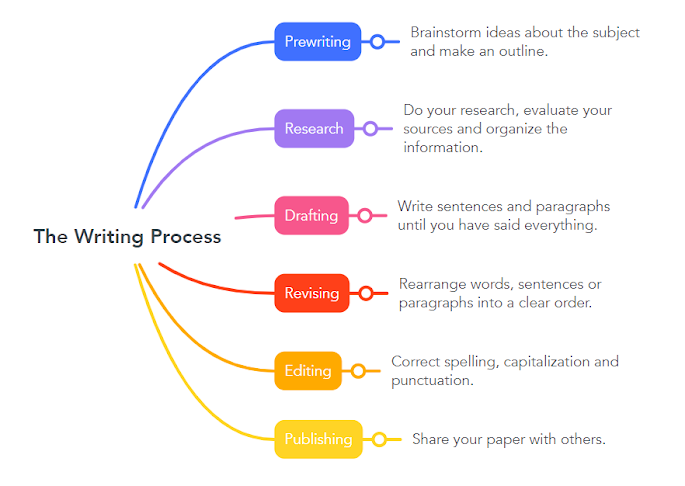Differences Between Andragogy and Pedagogy
Written by: Julio La Roche Traditionally, young students are portrayed as eager, attentive, and dependent on the teacher to impart their wisdom and years of knowledge. The word "pedagogy," which refers to the art of instructing children, comes from the Greek words for "child" (paidi) and "guide" (ago). Where do adult learners fit into this picture, though? The term "andragogy," which comes from the Greek word for "man" (andras), refers to the practice of instructing adults. Its application differs significantly from pedagogy. The purpose of this opinion blog is to cover the main differences between Andragogy and Pedagogy. Definition of Andragogy: Adults possess self-motivation and can leverage past experiences to tackle intricate issues, thus it becomes crucial for "leading the elders" to focus on how to best assist them in retaining novel concepts, acquiring fresh problem-solving approaches, and enhancing ind...

